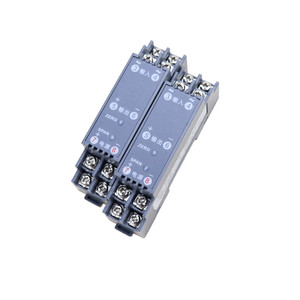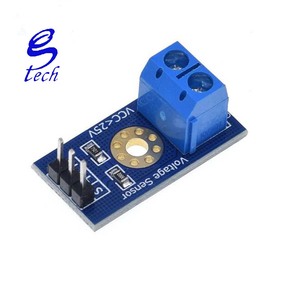Introduction to DC Voltage Detector Circuit
A DC voltage detector circuit is an essential tool for any electrical engineer or technician, designed to detect and measure the presence of direct current (DC) voltage in electrical systems. With the growing reliance on DC voltage in various applications, from renewable energy systems to electronic devices, understanding how to efficiently and accurately detect these voltages is crucial. This innovative circuit provides a reliable solution to ensure safety and proper functionality in diverse environments.
Types of DC Voltage Detector Circuits
- Simple LED Indicator Circuits: These circuits use a light-emitting diode (LED) to indicate the presence of voltage. When DC voltage is detected, the LED lights up, providing a quick visual confirmation.
- Digital Multimeter Circuits: More advanced detectors often feature digital displays that provide precise voltage readings along with the ability to measure other electrical parameters.
- Transistor-Based Detectors: Utilizing transistors for amplification, these circuits can detect lower levels of DC voltage and are often used in sensitive electronics.
- Analog Meter Circuits: These circuits feature analog meters that provide a visual representation of the voltage level, useful for applications that require a continuous reading.
Function and Feature of DC Voltage Detector Circuits
- Voltage Detection: The primary function of a DC voltage detector circuit is to accurately sense and display DC voltage levels.
- Articulated Range: Many detectors are designed to measure a wide range of DC voltages, making them versatile for various applications.
- Indicators: Most circuits come equipped with LEDs or digital displays that visually indicate voltage levels or conditions.
- Flexible Design: DC voltage detectors can be designed as standalone units or integrated into other devices, making them adaptable for multiple use scenarios.
Applications of DC Voltage Detector Circuits
- Renewable Energy Systems: Use in solar panels and wind turbines to monitor voltage levels and ensure optimal performance.
- Consumer Electronics: Employed in various electronic devices to maintain performance and safety.
- Industrial Automation: Essential for monitoring voltage in automated systems and machinery, preventing damage and downtime.
- Automotive Systems: Implemented in vehicles to diagnose electrical issues in battery and lighting systems.
Advantages of DC Voltage Detector Circuits
- Safety: The ability to detect voltage before working on electrical systems reduces the risk of accidents and electrical shock.
- Precision: High-quality circuits can provide precise voltage readings, enhancing the accuracy of electrical testing.
- Portability: Many models are compact and lightweight, allowing for easy transport and use in various locations.
- Cost-Effectiveness: DC voltage detectors are often an affordable solution for regular maintenance and testing of electrical systems, ultimately saving on costly repairs.































































































































































































































 浙公网安备 33010002000092号
浙公网安备 33010002000092号 浙B2-20120091-4
浙B2-20120091-4